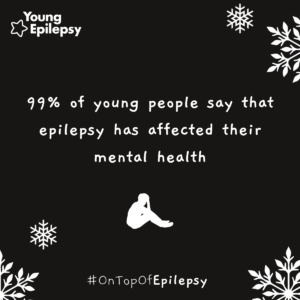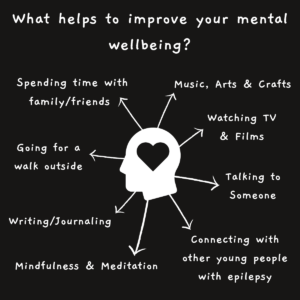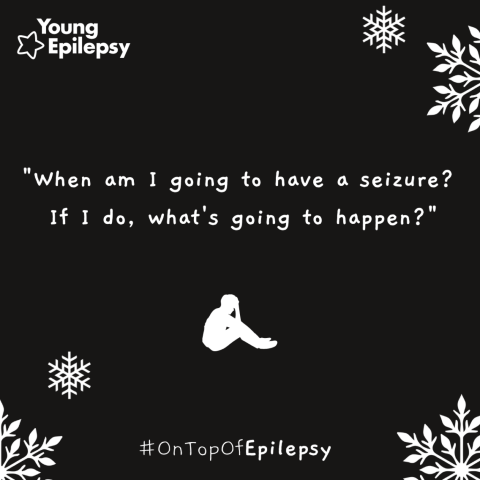More than Seizures – by Shamindri De Sayrah
January 20th 2022. That was the day I was officially seizure free for 1 year, for the first time in my life, I had gone an entire year without ending up in an emergency room. Although for the first time in a long time, things were going well for me healthwise and mentally, it was a long and tough road to get here. February 14th 2022 is International Epilepsy day and this article goes out to anyone out there struggling with the same illness, or anyone who has a loved one who goes through it.
I was diagnosed in 2005, unlike most cases, my epilepsy was brought on by Japanese Encephalitis. I was not born with it. I was constantly in and out of hospital. I was on medication from the start.
For years I took my medicines regularly and was stable, I still believed that this condition could not be cured. Imagine that, my mom constantly having to tell me I could not be cured everytime a younger me would ask if I could get brain surgery. Things were not easy for my family because of my condition, but they are my pillars of strength.
In 2019 I consulted a new doctor who told me that the doctors who had been treating me up until then, were wrong, I could be cured, they had been giving me the wrong doses of medication. This made things very hard for me, the medication had affected my memory, my school career my weight and my other physical weaknesses when I was younger. When I started working it still affected my memory, but I have a better grasp on things. I am not allowed to go anywhere on my own, which is okay, because every day my parents must live with the fear of something happening to me.

What most people don’t see is how Epilepsy has affected my mental health. Later on in life my epilepsy also started to cause depression. That was when things got bad. As I got older I would start to feel numb about a lot of things, it wasn’t until my new doctor that I learned that my epilepsy was connected to my mental health and that was what would cause my bouts of depression and anger. This opened my eyes a lot. At the same time it made me realize I cant cure one because I have the other. So that sucks.
Things that have helped me are the things I am passionate about. The things I love such as TV, Movies and music have been a great comfort to me and helped me a lot over the years. But most importantly it’s my family and friends that help me the most and keep me going. My friends are always there for me to talk to, and my family is there by my side each and every step of my journey.

Years ago, after having an aura and managing to control it myself I realized I needed to be my own anchor and take control of my epilepsy. Now whenever I get a feeling, I remind myself I am in control. Certain things can trigger a seizure such as flashing lights, exertion, getting stressed or overly emotional, getting too tired and as my mom likes to remind me, not taking my medicine regularly, and the worst part is you can have a seizure when you least expect it. I have had one at school, at a friend’s house, at a party, at work, while out with friends and once, at an Ed Sheeran concert. So no matter where I go, I always have the constant feeling looming at the back of my mind, no matter where I am or who I’m with I’ll be thinking “Will I have a seizure?”
Now in 2022 I am doing much better; I am on different doses of different medications which has been helping to control my seizures. I have learned to accept my epilepsy and I work towards the day I never have to take medication again.
These are a few things you can do to support someone who has epilepsy:
- Learn about epilepsy.
- Learn seizure first aid.
- Sometimes they just want to talk
- Ask what you can do to help.
- Just be there for them after a seizure has occurred, they’ll need the support
- They could be going through a mental health crisis so it’s best to check in on the
This is what you can do when a loved one is having a seizure:
- Lay the person down on his or her side
- Place a cushion under the person’s head
- Loosen the person’s clothing, especially around the neck
- Clear the area around the person of anything hard or sharp to prevent injury.
- Check for a medical ID bracelet for special instructions
- Monitor the person’s vital signs
- Time the seizure
- Keep yourself and others calm
- Stay with the person until emergency personnel arrive
- You should NOT try to restrain the person, place anything in the person’s mouth, or try to move the person.
Always remember, someone’s illness does not define them. I am more than my seizures. You are too.

